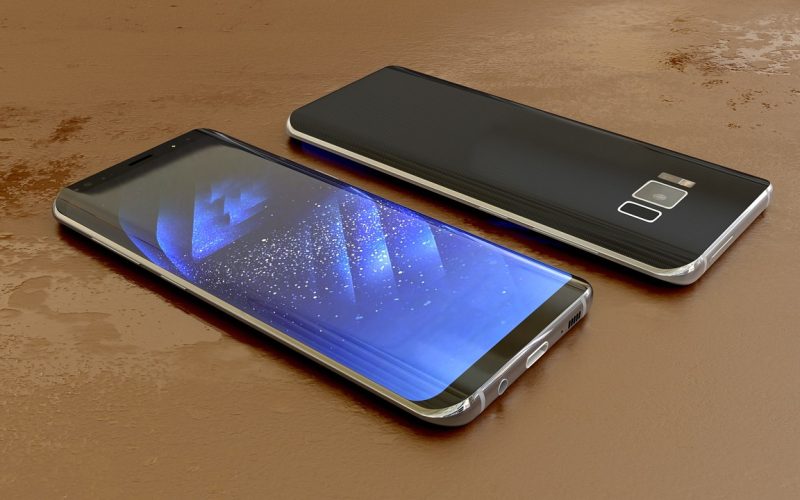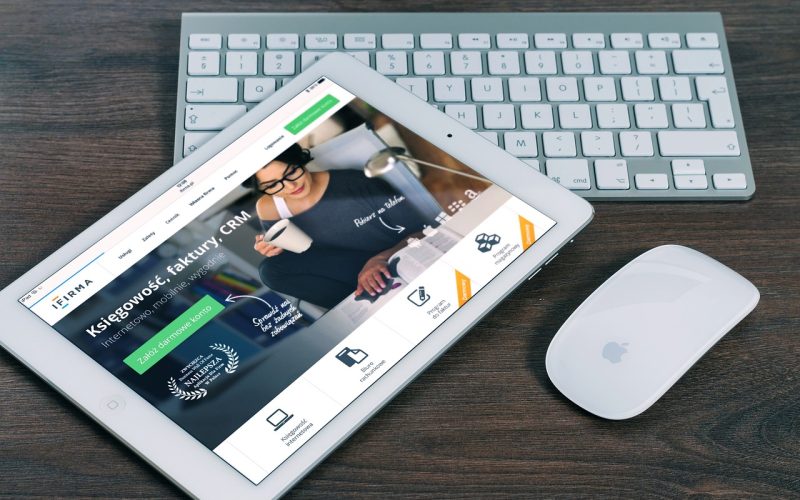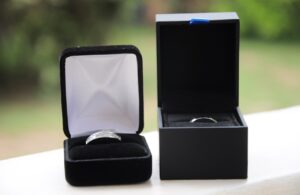In the age of digital romance, dating apps have revolutionised how people meet potential partners. With just a swipe, users can browse through dozens of profiles, each promising the possibility of a perfect match. However, beneath the surface of these seemingly convenient platforms lie challenges that make modern dating more complicated than ever. From an overwhelming array of choices to the disposability of connections and the threat of cat-fishing, dating apps have introduced new hurdles in the quest for love.
Too many choices lead to decision paralysis
One of the primary ways dating apps complicate the dating landscape is through the sheer volume of choices they present. Psychologists refer to this phenomenon as "decision paralysis." When faced with too many options, people often struggle to make a choice or feel less satisfied with the decision they finally make. This is particularly evident on dating apps, where endless scrolling through profiles can leave users feeling overwhelmed and unsure about who they genuinely want to pursue.
The paradox of choice suggests that instead of feeling liberated by numerous options, individuals often experience anxiety and indecision. In the context of dating, this means that users may continually seek the "perfect" match, overlooking potentially meaningful connections in the process. The constant availability of new profiles can create a mindset where no option feels good enough, perpetuating a cycle of dissatisfaction.
Disposability diminishes connection quality
Dating apps have also introduced a sense of disposability to romantic connections. With the ability to swipe left and right on countless profiles, the value placed on each interaction diminishes. This creates an environment where people are more likely to view potential partners as disposable, leading to shallow connections and a lack of commitment.
The ease with which users can move on to the next profile fosters a culture of instant gratification. When faced with the slightest inconvenience or disagreement, it's often easier to end a conversation and start fresh with someone new rather than work through issues. This disposability undermines the development of deep, meaningful relationships and contributes to a broader sense of disillusionment with the dating process.
The rise of cat-fishing
The anonymity provided by dating apps has also given rise to the phenomenon of cat-fishing—where individuals create fake profiles to deceive others. Cat-fishing can range from relatively harmless embellishments to elaborate scams that exploit people's emotions and trust. The prevalence of fake profiles erodes user confidence and heightens scepticism, making it harder for genuine connections to form.
Cat-fishing not only wastes time and emotional energy but also leaves victims feeling betrayed and hesitant to trust future matches. The fear of being deceived can lead to hyper-vigilance and doubt, further complicating the already challenging landscape of online dating.
The impact on mental health
The challenges presented by dating apps extend beyond the practicalities of finding a match; they also take a toll on users' mental health. Constant exposure to rejection, the pressure to present an idealised version of oneself, and the anxiety of navigating endless options can lead to increased stress and decreased self-esteem.
Research has shown that dating app users often experience feelings of loneliness and depression, particularly when they encounter repeated disappointments or fall victim to deception. The pursuit of validation through likes and matches can become addictive, creating a cycle of dependency that negatively impacts mental well-being.
Navigating the dating app dilemma
Despite these challenges, dating apps remain a popular tool for meeting potential partners. To navigate the dating app dilemma, users must approach these platforms mindfully. Setting clear intentions and being honest about what one seeks can help filter out incompatible matches and foster more meaningful interactions.
Limiting time spent on dating apps and balancing online interactions with real-life social activities can also mitigate the negative effects on mental health. Users should remain aware of the risks of cat-fishing and exercise caution when sharing personal information. Building trust gradually and prioritising genuine connections over superficial swipes can create a healthier approach to online dating.
Finding balance in the digital age
Dating apps have undeniably transformed the landscape of modern romance, offering unprecedented access to potential partners. However, the challenges of choice overload, disposability, and deceit necessitate a balanced and thoughtful approach. By recognising these pitfalls and adopting strategies to mitigate their impact, users can harness the benefits of dating apps while navigating the complexities they introduce.
While dating apps present unique challenges, they also offer opportunities for meaningful connections. Awareness and intentionality are key to overcoming the obstacles posed by the digital dating world, enabling users to find lasting relationships amidst the swipes and clicks.























